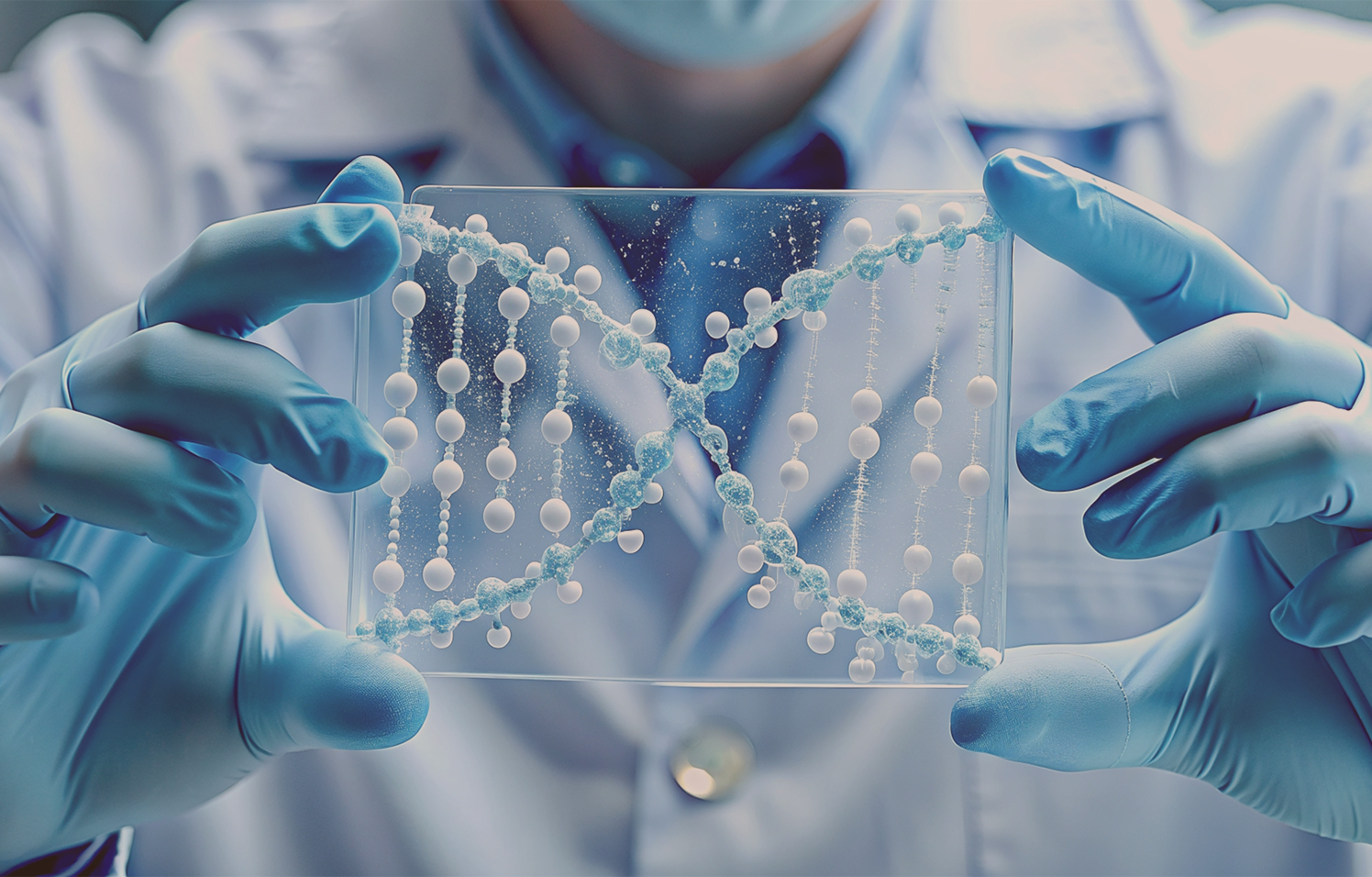Genetic testing is all about diagnosing diseases and finding your risk of developing them by checking your DNA. Here are 6 of the most common questions about the test and their detailed answers.
1. Why is genetic testing performed?
There are many causes to perform genetic testing, such as the following:
● To find out whether an inherited disorder might affect your children if you or your partner have it or carry it
● To find out whether you are at risk of developing inherited diseases, such as some cancers; so, if your doctor sees that you could be susceptible to a particular disorder or thinks you might have changes in a gene, he will recommend this test
● To see if you’re suitable for joining clinical trials
● To know whether a particular medicine will work for you and in what dose
2. Is genetic testing during pregnancy considered important?
Genetic testing is considered an important part of fetus screening, although it’s optional during pregnancy, unlike some other tests, such as glucose screening.
Genetic testing shows whether a fetus has genetic or chromosomal abnormalities or disorders before he is born, and it is usually done in the first and second trimester of pregnancy.
There are 2 types of genetic testing during pregnancy: screening testing and diagnostic testing; the major difference between them is how they are done and the disorders they diagnose or show the chances that the infant could have.
3. What are the types of genetic testing?
There are many types of genetic testing for health, each test aims for a particular function. Here are some of the most common tests:
● Prenatal genetic testing. It is the testing that we just talked about regarding pregnancy; one of the disorders that it looks for is Down syndrome, which is a chromosomal disorder
● Diagnostic testing. This test aims to confirm the diagnosis of diseases related to genetic mutations, such as Huntington’s disease; so if the patient has the symptoms of this disease, a genetic diagnosis test might be performed to confirm the diagnosis
● Carrier testing. As its name implies, this test is performed when a person has a family history of a genetic-based disorder, such as sickle cell anemia to find out if he carries the genes of this disorder and could pass them to his children
● Expanded carrier screening test. This test’s function is to find out whether you and your partner carry gene mutations for the same disorder, as this increases the chances of passing them to your children
● Presymptomatic and predictive testing. As its name implies too, this test is carried out if you have a family history of a genetic-based disorder, such as colorectal cancer, and want to know your chances of developing it in the future although you have no signs or symptoms
● Pharmacogenetics. Our genes are directly related to our response to medication, so this genetic test helps guide with medicine selection as well as choosing the most suitable dose for a particular patient with a particular disease
● Newborn screening. This test is one of the most commonly performed genetic tests; it aims to rule out if the newborn baby has a particular genetic abnormality that is related to certain diseases to start treatment as early as possible; these diseases include congenital hypothyroidism
● Research genetic tests. This test is performed if you choose to volunteer in a medical study to see if you are a suitable candidate for participation
● Preimplantation genetic diagnosis. This test is done on embryos before implanting them in the uterus for in vitro fertilization – IVF
4. How is genetic testing performed?
This test is done on blood, saliva, hair, skin, or amniotic fluid samples, but if it’s done for cancer diagnosis, it might be performed on a sample of the tumor cells.
Since tumor removal is a part of cancer treatment, this test can be done on the cells that have already been removed from the patient’s body.
5. How much does genetic testing cost?
No one can answer this question as the cost depends on many factors, including the type of test that needs to be performed. It also depends on the type of facility you will get the test done in; as some facilities might be supported to perform this test with less cost.
6. Is there a “bad side” of genetic testing?
You might call them disadvantages, drawbacks, or bad sides of genetic testing, which include the amount of stress and anxiety they could cause while waiting for the results.
Sometimes, the results are inconclusive or uncertain, and some people are not considered eligible for it; all this creates a sense of disappointment. Test results may cause family and personal conflicts as well.
Genetic testing is one of the most important tests invented so far, as it can serve as an early way to diagnose many diseases and start treatments right away.
References:
1. https://www.nhs.uk/conditions/genetic-and-genomic-testing/#:~:text=help%20you%20understand%20whether%20an,medicine%20or%20treatment%20to%20give
2. https://my.clevelandclinic.org/health/diagnostics/24136-pregnancy-genetic-testing
3. https://www.acog.org/womens-health/faqs/prenatal-genetic-screening-tests#:~:text=The%20cell%2Dfree%20DNA%20in,week%20to%20get%20the%20results.
4. https://www.mayoclinic.org/tests-procedures/genetic-testing/about/pac-20384827
5. https://humangenetics.medicine.uiowa.edu/resources/how-does-genetic-testing-work
6. https://www.rockymountaincancercenters.com/genetic-counseling-and-testing/pros-cons-of-genetic-testing


